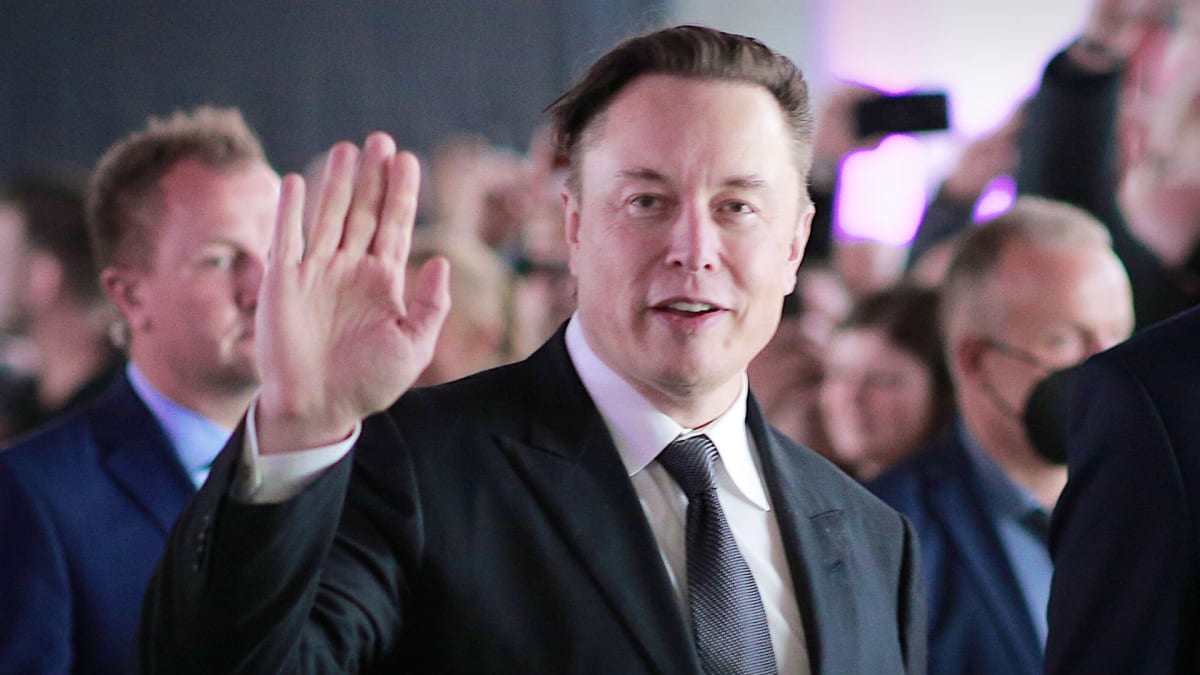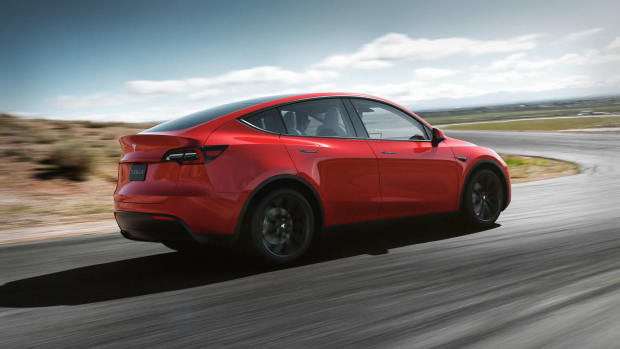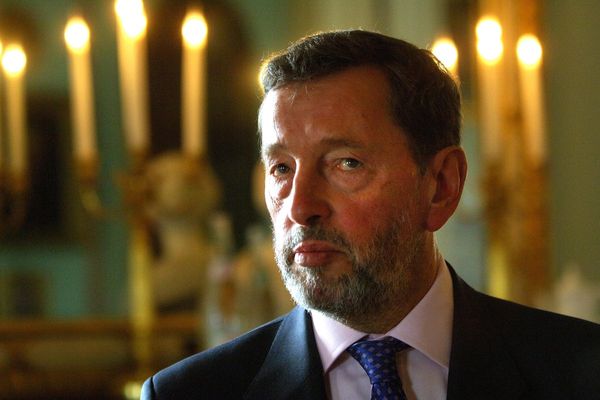
He's waited for recognition for a long time -- and it's finally here.
Elon Musk transformed the auto industry with Tesla. The co-founder of the electric-vehicle manufacturer turned the sector upside down, first by persuading authorities worldwide that EVs were a key way to reduce CO2 emissions in the climate emergency and that achieving a sustainable energy economy was possible.
It was not easy; the billionaire had to be patient, which is not exactly his strong suit. But eventually the politicians were convinced and introduced subsidies -- tax credits -- for clean vehicles.
The most difficult part was persuading consumers to change their habits and agree to pay more for EVs than for gasoline cars.
EV enthusiasts argue that when we measure vehicle life cycles, battery-powered vehicles prove less expensive than internal-combustion-engine ones. The argument is based on the fact that EV owners do not need to buy and burn gasoline and thus reap significant savings.
Full Self-Driving at the Center of Strategy
The billionaire's strategy to win over consumers has been to market Tesla vehicles as living rooms on four wheels, aided by technology.
This center of this concept is the Autopilot driver-assistance system and its more advanced version, Full-Self-Driving. FSD is designed to enable Tesla vehicles to perform many maneuvers on their own.
Musk last month indicated that by the end of 2023 or next year, Tesla could have a transformational moment due to FSD advances. The feature regularly receives rave reviews from Tesla-vehicle owners on social media.
(A caveat: The feature hasn't yet made Tesla vehicles autonomous and it's under investigation by U.S. regulators because of crashes involving the vehicles operating with the system enabled.)
Musk and Tesla also introduced delivery of new vehicle features and functions via over-the-air software updates to vehicles. When an update becomes available, vehicle owners are notified and instructed how to install it.
This keeps their vehicles up-to-date with the latest innovations and gives the car manufacturer a steady source of income through subscriptions to the service updates. This also helps to minimize car recalls. From now on, all Tesla owners need to fix many safety issues is software updates.
The strategy has worked -- Tesla (TSLA) now produces and sells more than 1 million vehicles a year.
In 2022 the Austin automaker delivered 1.31 million vehicles and produced 1.37 million. For this year the group expects to produce at least 1.8 million vehicles and might turn out 2 million.
The broadening of the federal tax credit of $7,500 in the U.S. for clean vehicles has also boosted its sales.

Tesla
The company also plans to advertise its vehicles for the first time, which could enable it to reach many consumers who still think its vehicles are less affordable than those of its competitors.
Historic Deals with Ford and GM
Investors have already given their verdict: they believe in Musk and in Tesla. The group's market value at last check was close to $800 billion. No rival automaker comes close.
But what Tesla and Musk have lacked so far is recognition from their peers.
While rivals have often acknowledged that the tech mogul and his group are major players in the automotive sector -- they now are all focused on the development of electric vehicles -- they really never admitted that Tesla was now the center of the automotive industry.
That's now done.
In less than a month, Ford (F) and GM (GM) have signed historic agreements to adopt Tesla's North American charging standard. This gives GM and Ford consumers access to Tesla's network of 12,000 Tesla Superchargers across the U.S. and Canada.
These agreements are clearly good for consumers, who will only need an adapter to recharge their vehicles within Tesla's network
But they above all reflect the recognition that Musk for years has been seeking: that his rivals acknowledge that Tesla is now the undisputed leader.
"BREAKING: @CNBC just called Tesla, the EV leader," a Twitter account with which the billionaire interacts regularly posted on June 9.
Musk took the victory lap offered by this tweet, enjoying this moment that he has awaited.
"How times have changed," the billionaire commented.
Tesla was founded in 2003 by a group of engineers who wanted to prove that people didn’t need to compromise in order to drive electric vehicles -- and that electric vehicles could be better, quicker and more fun to drive than gasoline cars. The company says this on its website, without naming the engineers. Musk is a co-founder.







